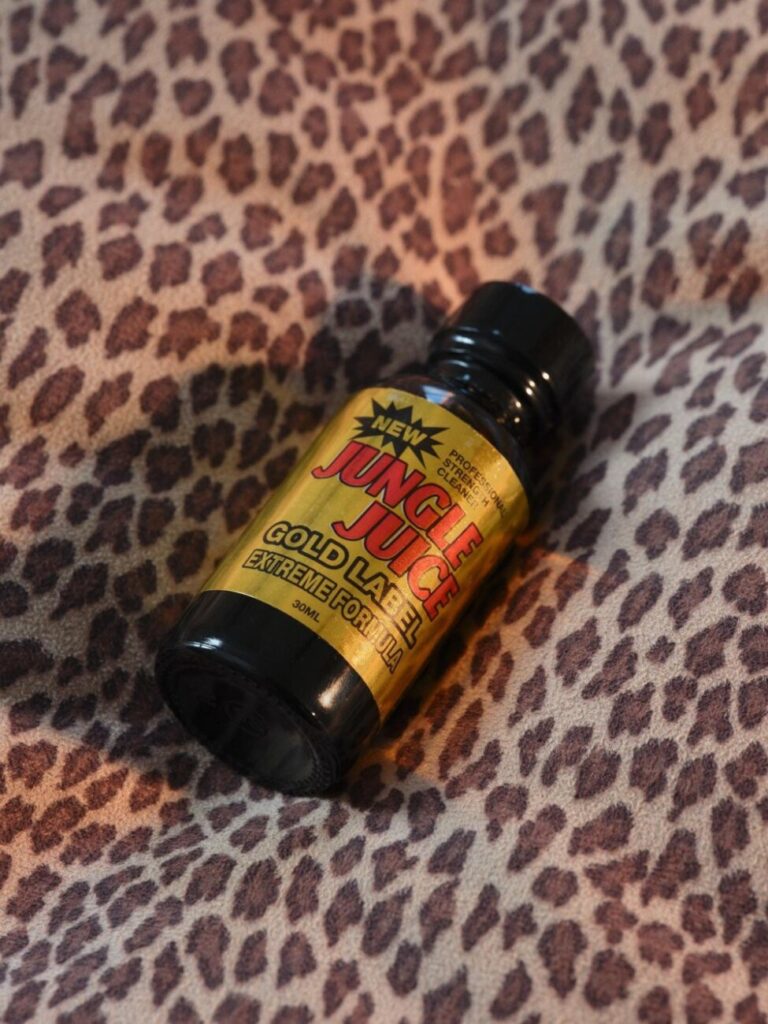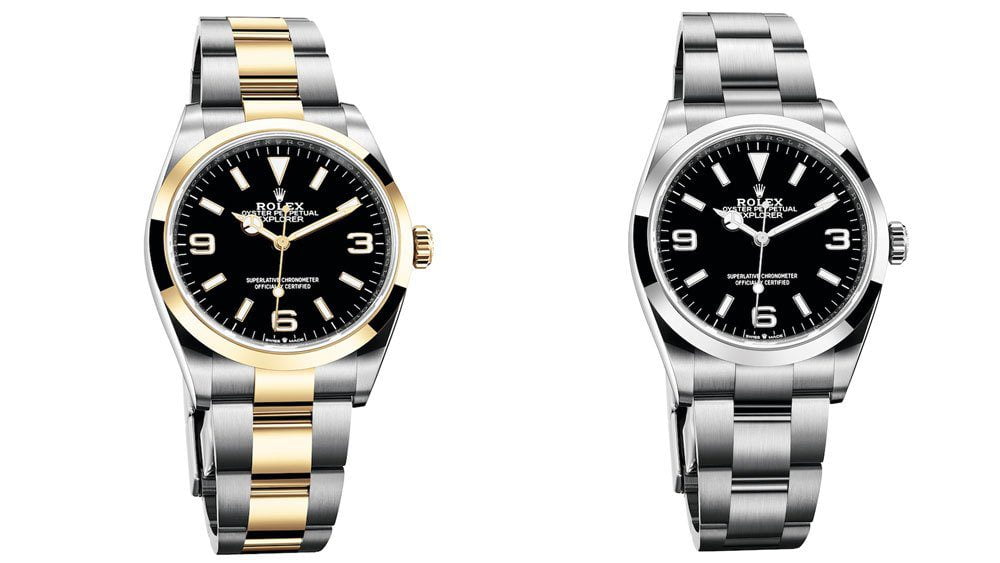Introducing five of Future Academy’s bright young things
As THE FACE and Moncler’s training programme, providing educational resources and paid opportunities to emerging UK creatives, comes to a close, we introduce five top talents and hear what they learnt on their jam-packed, eight-week journey.
Landing your dream job is no easy feat. Faced with competition, initial rejection and little guidance, it’s hard to know where to begin. To help bridge the gap, earlier this year we teamed up with Italian fashion house Moncler to launch a training programme, designed to offer learning resources and paid opportunities to those seeking work in the creative industries.
The first task? Finding not one, but 52 emerging talents from across the UK to join the Future Academy Class of 2021. With topics spanning art direction, writing, design, photography and beyond, THE FACE team curated a series of virtual masterclasses, tasks and workshops over the course of eight weeks, designed to kickstart a young creative’s career journey.
Editor Matthew Whitehouse kicked off the 15 class schedule by diving into the ins and outs of making a magazine; fashion photographer Bolade Banjo answered a number of burning technical questions asked by future image-makers; Future Academy’s programme manager, Ayumi Konno, taught viewers the art of networking; and for the final session, No Vacancy Inn co-founder and designer Tremaine Emory gave an intimate talk sharing with the class the working challenges he has overcome in his impressive career.
Among those in attendance were beaded handbag designer, Sante Koranteng, RACEZINE founder Okocha Obasi, creative director Jeng Au, filmmaker and Reprezent DJ Aliyah Qayum and documentary photographer Kateryna Pavlyuk. We spent some time with the five bright young visionaries to hear more about their creative passions and pursuits, and the valuable lessons they learnt as a Future Academy student.
Sante Koranteng, southwest London
Following a nostalgic trip back to Ghana in 2018, Sante Koranteng fell in love with the vibrancy of the local arts culture and fashion. “I felt compelled to show everybody Ghana’s amazing craftsmanship,” she says. The 23-year-old had left college the year prior and felt exhilarated at the prospect of learning a new skill. Launching a collection of intricately woven beaded bags in January 2020, Koranteng has built a near 10,000 strong following via her Depop platform and has garnered press attention from Glamour, i‑D, Stylist Magazine and of course, THE FACE, to name a few. Testament to her love of vibrancy and bold colours, her brand is celebrated for its independence, sound ethics and sustainability, with everything made and shipped from Accra. “I adore creating accessories that complement my mood,” she continues. Having recently completed her stint with Future Academy, Koranteng is feeling even more business-ready. “I have made incredible friendships with some of the other mentees from the Future Academy programme and the whole experience allowed me to revive my creativity.”
Jeng Au, North London
Jeng Au is a creative polymath. From photography and graphic design to strategy – there’s nothing the 26-year-old doesn’t do. Following their graduation in animation at the University of Lincoln back in 2016, they’ve gone on to create content for mega-brands including Converse, Pokémon GO and Formula 1 and this year they landed a coveted role as an art director at Amazon. But their willingness to evolve never ceases. “Honestly, I would love to work with the natural world around me a bit more,” they explain. “If I could have nature as a client, I would.” Enrolling in Future Academy not only introduced Au to industry professionals but also gave them the tools to learn and grow without expectation. “There were no tests, no must-respond briefs and no competition,” they continue. “I feel like there are so many [programmes] out there that exploit young creatives, but I came away from the Future Academy experience knowing that there are great people in this industry who want to support young creatives into the future.”
Aliyah Qayum, London via Bradford
Aliyah Qayum is a hustler whether they like to admit it or not. “I’ve worked mainly within the community and in secrecy,” says the 23-year-old. But creating under the radar has not stopped them from collaborating on some major projects. They’ve curated exhibitions and labs at Camden Roundhouse, video assets for POC publication Gal-Dem, modelled for Levi’s and right now they’re celebrating the imminent release of their first funded music video with London producer MISOGI and French singer OKLOU (keep your eyes peeled for the premiere on Crack Magazine). “I’ve never been on a proper set or been taken seriously as a marginalised artist,” they continue, “so to have complete creative control in directing and collaborating with a professional team really became a catalyst for my confidence.” Raised on PXSSYPALACE DJ workshops, Qayum has gone on to produce their own guest mixes for stations like RTM and now, their first solo show on Reprezent. “You can expect a lot of goofy narration and silliness,” says Qayum, “but most importantly my show will grow with a deep focus on QTPOC and talented artists who don’t hit the surface due to the industry’s lack of real diversity.” Stay tuned.
Kateryna Pavlyuk, South London
As she wraps up her masters in documentary filmmaking, it’s crystal clear that Kateryna Pavlyuk knows a thing or two about a strong composition. The 26-year-old took the plunge from photography into moving image last year after lockdown gave her the headspace to rethink things. “For so long I didn’t think I stood a chance in such a saturated industry, but after years of bookmarking and vague planning, I asked myself, what am I waiting for?” Now exploring themes of migration and life through a distinctly female lens, she is focusing on giving screen time for those who deserve creative representation. “My current documentary is on the experiences of three deaf women in the UK with migrant backgrounds,” she continues. “Each of the three women have such incredibly rich, intersecting experiences of womanhood, deafness and migration, and it’s been a joy (and a challenge) translating this into film.” Inspired by female directors Jessy Moussallem and Roxy Rezvany and London filmmaker Bafic, Pavlyuk is looking for her big industry break. “Enrolling in Future Academy shattered so much of what I thought I knew about the creative industries, in the best way possible,” she says. “It’s so easy to become disillusioned with the prospect of chasing a creative career, but being in the same (virtual) room as both the programme mentors and the insanely talented cohort of young creatives offered so much concrete, practical insight, and a very healthy dose of motivation.”
Okocha Obasi, East London
If you’re not already familiar with Okocha Obasi’s print phenomenon RACEZINE, packed with critical essays, interviews, recipes, letters, agony aunts playlists and more, then we suggest you dive in head first. “RZ is an attitude,” explains the 22-year-old founder. “It’s a way of seeing the world and understanding what both community, expression and being punk is … vulnerable, bold and unapologetic.” Capturing the sounds, visions and voices of our generation, Obasi has distributed 175 copies of his zine worldwide across, America, Paris, Sweden, China, Spain and beyond, and now he’s focussing on issue three which is set to be even more “visual, provocative and sexi”. Setting up the project in his first year at Leeds university studying graphic design, he received funding and venue access from queer bar Wharf Chambers, which helped solidify his success. For those in the know, TONGUE N TEETH is RACEZINE’s sister-cum-club night. With a strict no camera phone policy, Obasi wants attendees to feel at ease and dance at what has become one of the first spaces in Leeds for QTIBIPOC folk to exist and feel liberated. “I can say creating these two projects was the best decision of my life,” he continues. Joining Future Academy was the extra networking boost he needed. “I think incubators like this really show the good eggs in the industry, who want to propel and push the next generation of creativity,” he says. “LONG LIVE THE FACE SUPREMACY.”


